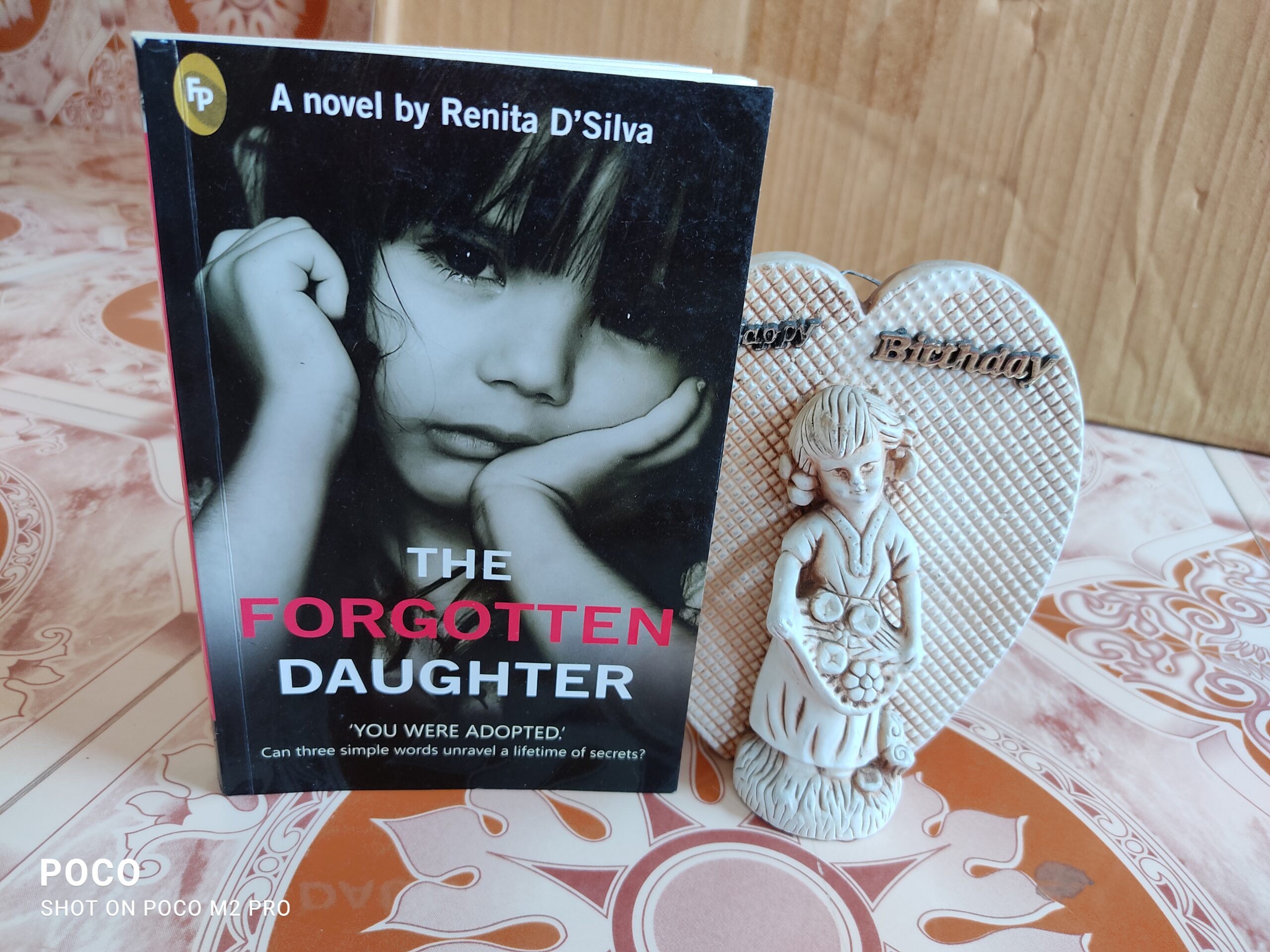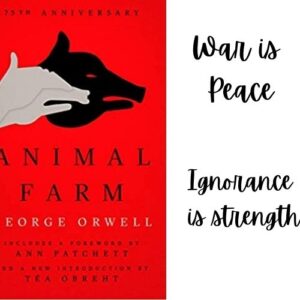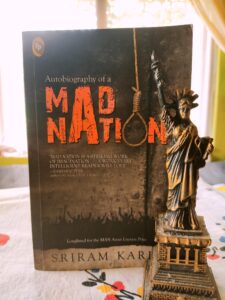The Forgotten Daughter
By Renita D’Silva
Publication: Fingerprint! Publication
Pages: 276
Price: Click the link
Introduction:
The novels of Renita D’Silva, a British Indian author, with their exquisite settings, vivid portrayal of human lives fraught with conflict and crisis, aligned at a perfect natural background of both rural and metropolitan is always worth reading. The mystery tied in a sharp knot unravels slowly allowing us to relish the smell of jasmine and the aroma of new recipes at the same time.
In a Nutshell:
The Forgotten Daughter is a family saga that explores the relationship between two estranged sisters and their mother. The meandering flow of the story glides with the three voices and by means of three styles. Nisha, the first voice wrote notes on whatever issues she faced, emotional or physical and solve them in practical and technical terms. Her smooth, mathematical life along with her scientist parents in England came to a halt with their sudden death. She was left behind with the memories, far from being emotional though, and a letter along with the will that the solicitor handed her. The letter carried the disastrous message that Nisha was not their biological child but adopted in the course of their project at the time of their research in India. There they found her in a convent. The child was always taught to loath emotions as ‘ a waste of time’ and only trained to be competent shying away from the ‘luxury of mawkishness’. Crushing her deep desire for affection and love she grew up in their way until the very discovery of her life messed her world in a topsy–turvy. She no longer could solve it by means of any theorems. She who did not cry at her parents’ funeral and arranged everything systematically, even join office in three days, ‘ …gives in to the sobs which rend her slender body reverberating through her like waves building into a tsunami.’ She felt ‘ she is not a machine anymore; she is a human torn apart by feeling…’ And from there start the new story of her life – her search for her real identity. She left England in search of her real parents, her twin sister and her provenance.








Interesting